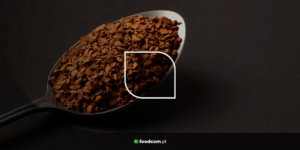- Glucose is an industrial sugar produced by the hydrolysis of starch from plants such as corn, barley, rice, potatoes, or wheat.
- It is characterized by good solubility in water and high viscosity and hygroscopicity.
- There are various forms of glucose that enable its wide use in the food, pharmaceutical, cosmetic, and feed industries.
What is glucose?
Glucose, also known as dextrose, is a simple sugar (monosaccharide) with the chemical formula C₆H₁₂O₆. Although it is primarily associated with sweets, its importance extends far beyond the confectionery industry. It is the basic unit of energy for the human body – fuel for our body’s cells, especially the brain – and a key ingredient in many products and industrial processes. It occurs naturally in honey and fruit, including grapes – which is why it is sometimes referred to as grape sugar.
How is glucose produced?
In industry, it is obtained by enzymatic or acid hydrolysis of starch from plants such as maize (mainly in America), rice, cassava (in Asia and Africa), wheat or potatoes (in Europe). The starch is dissolved in water and the hydrolysis process produces a syrup from which, by drying, a form such as crystalline glucose can be obtained. The resulting product is gluten-free, which is important for people with intolerance to this ingredient
Properties of dextrose
Glucose is a white, crystalline, odourless powder with a sweet taste, although less intense than sucrose. It has excellent solubility in water, high viscosity and hygroscopicity, as well as stability at high temperatures. It is easily absorbed by the body, providing a primary source of energy for the brain and muscles.
Thanks to its reducing properties, this sugar is used in many industrial chemical reactions, such as fermentation, oxidation and reduction. In the food industry, its properties mean that it is sometimes used as a moisture stabiliser in baked goods or as an ingredient in dishes where the Maillard reaction is desired, affecting the taste and colour of the dish.
In which forms can glucose be found?
There are different types of sugars based on glucose, depending on the form it takes and the technological needs.
Glucose syrup
This is a popular sweetener in the food industry, often found as glucose-fructose syrup. It is a refined and highly concentrated form of industrial glucose in the form of a clear solution with high transparency and viscosity, no distinct taste, less sweetness than fructose or sucrose and high microbiological stability. It is used in the production of beverages, confectionery, jams and baked goods.
Dextrose monohydrate
Dextrosemonohydrate, also known as D-glucose, contains just such isomers of this sugar. The terms dextrose and glucose are used interchangeably because their chemical structure is almost identical. Dextrose monohydrate is a pure, crystallised powder of white colour. It has a high solubility in water, a medium to low solubility in ethanol and is hardly soluble in other solvents.
Glucose anhydrous
This is the purified, highly hygroscopic form of this sugar. It is in the form of a powder with a very low water content, which makes it highly stable. The product is obtained by crystallising glucose at temperatures above 55°C. This form is sweeter than dextrose monohydrate, readily absorbs moisture and improves the fluffiness of baked goods. It is often used in the pharmaceutical and chemical industries.
Foodcom.co.uk offers high-quality glucose in a variety of forms to suit the needs of a particular industrial application.
Glucose applications
Industrial sugars, of which glucose is one, are widely used in various industries, particularly in the food and feed industries.
Food industry
Food grade glucose is used as a sweetener, flavour enhancer, preservative and product texture enhancer. As it is used to achieve the desired physical properties of the final product, it is considered a functional additive. It improves viscosity, increases sweetness and enhances the flavour of the product. It has a weaker sweetening power than other sugars such as sucrose, but has a higher water solubility index.
It is used in the production of confectionery, jams, baked goods and sweet baked goods. In the latter application, the Maillard reaction plays a major role, whereby the sugar imparts a brown colour to baked goods through a crystallisation process. It also extends their shelf life by retaining moisture, and improves their texture by making them soft and moist.
In fruit and vegetable processing, the powdered form of dextrose is used to extend the freshness and shelf life of products. The use of glucose-fructose syrup, on the other hand, mainly involves beverages. Glucose plays a major role in the production of alcohols, mainly beer and wine, improving the taste and quality of beverages and accelerating fermentation processes. It can also serve as a preservative used for products available in jars and cans.
Feed industry
In the feed industry, it is used as a nutritional supplement and energy source in various compound feeds. It also improves the taste of the final product.
Pharmaceutical industry
Dextrose is an ingredient in IV fluids administered to patients in hypoglycaemic or debilitating states, helping to restore adequate nutrient and electrolyte levels in the body. It is also a popular ingredient in electrolyte drinks and dissolvable tablets to provide energy after training or during weakness.
Cosmetic industry
In the cosmetics industry, glucose is used as an ingredient in creams, hair care products or, thanks to its sweetness, for lips. In creams, it acts as a humectant, meaning that it protects the epidermis from water loss and improves the elasticity of the stratum corneum. When applied to hair, it moisturises the hair and prevents split ends. It also prevents crystallisation of cosmetic products in packaging.
Chemical industry
Glucose is also used in various technological processes as a substrate for chemical reactions. It is used to produce various organic acids, such as acetic acid and lactic acid. It also plays an important role in the production of biofuels and, more specifically, in fermentation processes.
Although glucose is only one molecule of simple sugar, its importance for the human body and industry is enormous. It plays a key role in metabolic processes and is indispensable in the production of food, medicines and many other everyday products. Its diverse forms make it an extremely versatile raw material that bridges the worlds of science, health and technology.
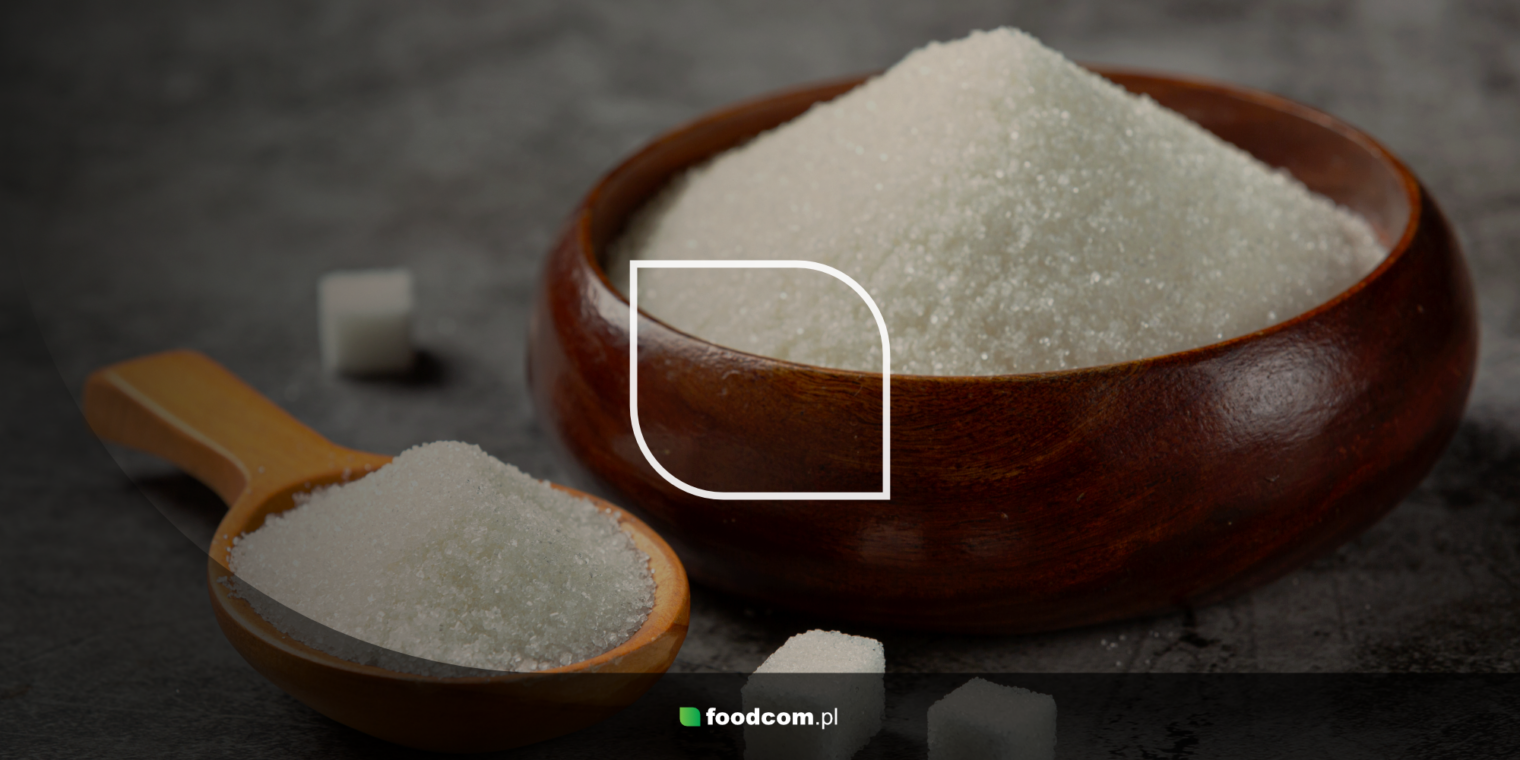
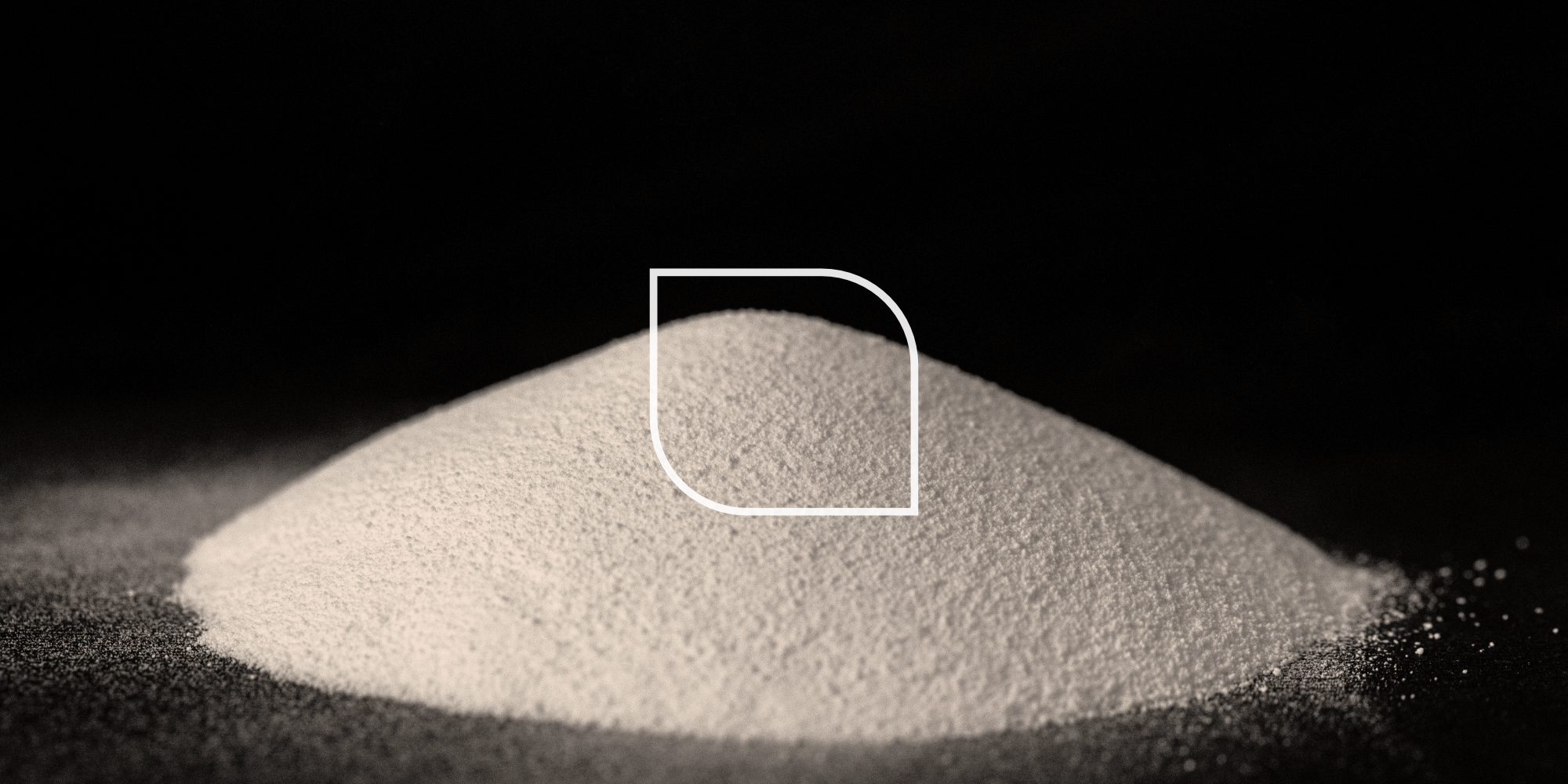
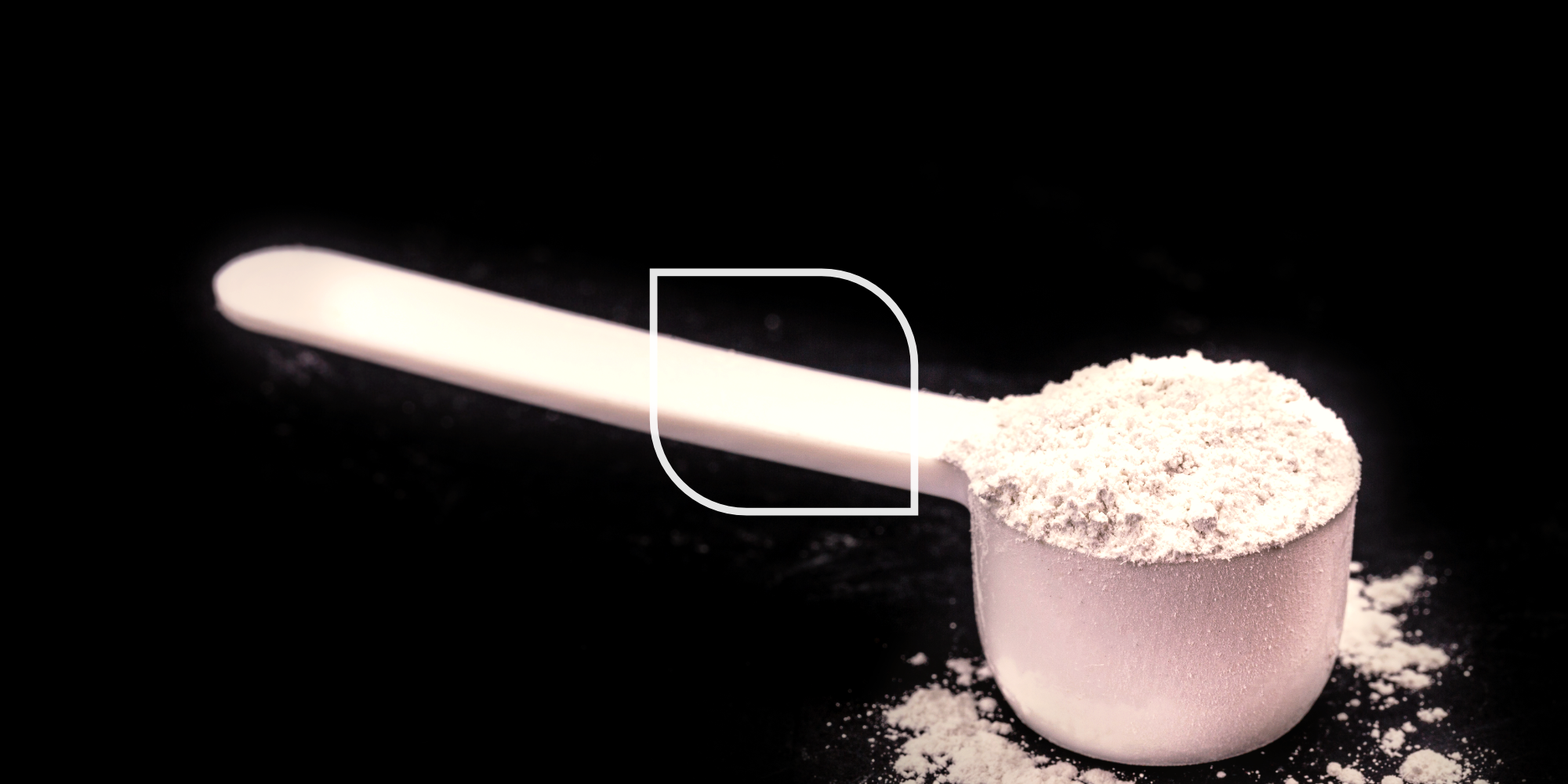
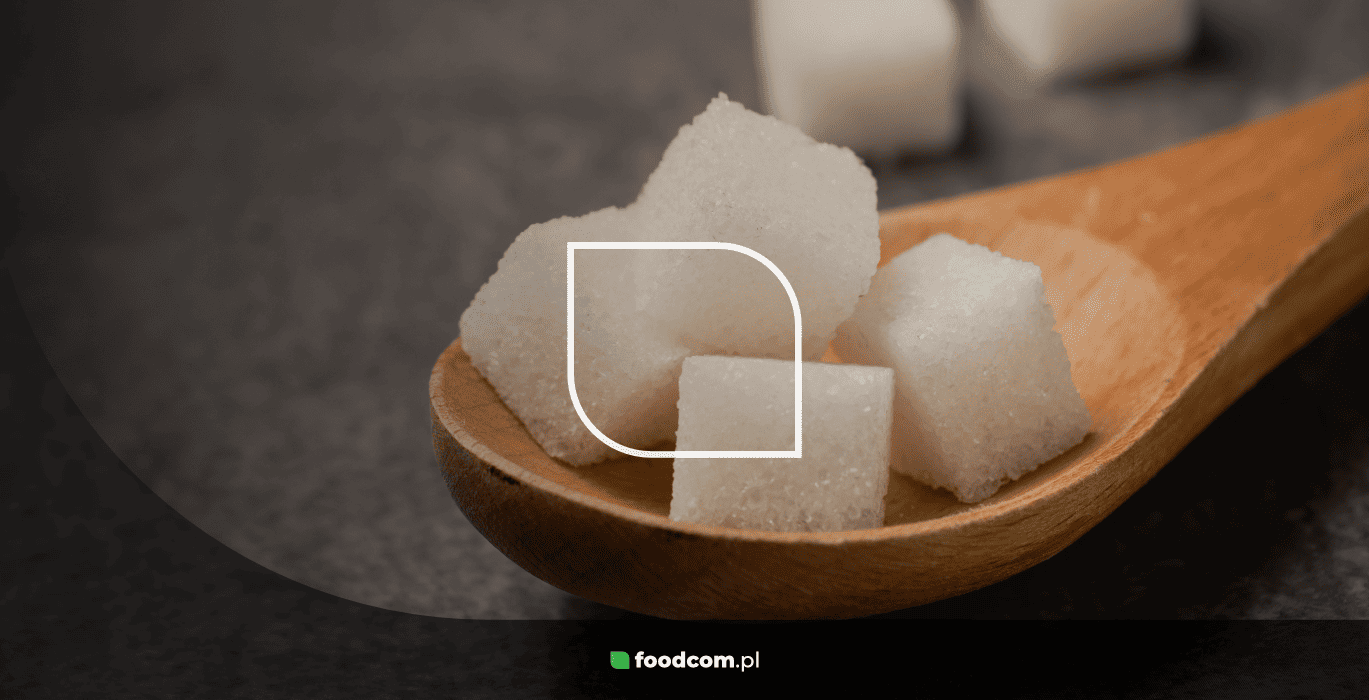
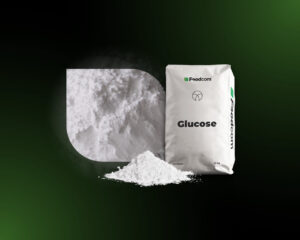

![Wiadomości z branży chemicznej od Foodcom S.A. [Wrzesień 2024] Wiadomości z branży chemicznej od Foodcom S.A. [Wrzesień 2024]](https://foodcom.pl/wp-content/uploads/2024/09/industrial-biuletyn-300x150.png)
